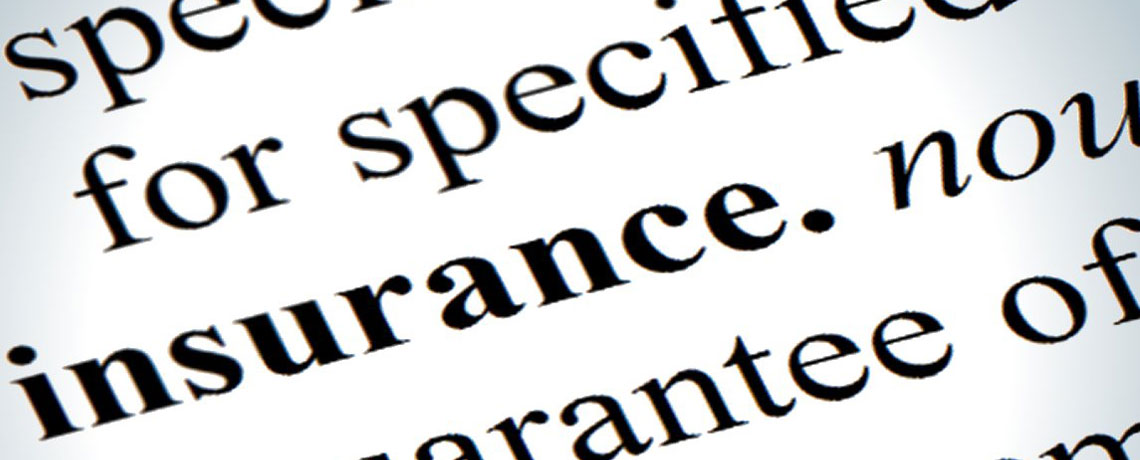Auto Insurance Definitions Glossary

Insurance terminologies can be very confusing sometimes. Have you ever wondered what policy you should buy, but are not fully equipped to grasp what each policy explains? It gets tricky when the policy has something to do with automobiles, the most accident-prone entity. Here we are to help you understand some of the major concepts. You will thank us later:
At fault:
How much you contributed to an accident. Meant to identify whose insurance company pays and the proportion it does, for the damage.
Bodily injury coverage:
When you are declared at fault for an accident: the bodily injury coverage pays for the medical and other expenses, you have been held liable for.
Deductible:
The proportion of the damages you are liable for, for a covered loss, and you need to pay. Other than the proportion your company pays. Lower premiums ensure higher deductibles.
Independent agent, independent agency:
An insurance related agent or agency, not associated with a particular agency. Rather, not directly employed by an insurance company. But may be representative of multiple agencies and facilitate you in choosing the best possible policy.
Medical payments coverage:
Insurance that covers the medical expenses or the death benefits incurred in the wake of an accident, whether you are liable for that.
Coverage that pays for reasonable medical expenses or death benefits to anyone covered under your policy in the event of an auto accident, regardless of fault.
Underinsured motorist bodily injury coverage:
Covers the bodily injury and other medical expenses if you receive injuries. When the one responsible either does not have insurance or has insufficient coverage.
Uninsured motorist bodily injury coverage:
Covers the bodily injury and other medical expenses if you receive injuries. When the one responsible either does not have insurance, has insufficient coverage or cannot be located, like in cases of hit and run.
Motor vehicle report (MVR):
Record maintained by the state includes the status of the license, violations, suspensions and other issues you faced for the past couple of years. It is one of the factors that the company uses to determine the premium you pay. Assuming that you might claim in the future.
Medical payments coverage:
It covers the medical expenses, within a reasonable limit, that the insurance company pays for medical expenditure or death benefits in case of an accident, irrespective of who is at fault.
Rental Reimbursement Coverage
A claim reimbursed, if it is covered within the domains of Comprehensive or Collision coverage. The daily rentals depend on the limit you purchased.
Uninsured/Underinsured Motorist Property Damage Coverage (UMPD)
A coverage you can avail for your insured vehicle, in the event of an accident, when the liable person either does not have an insurance or has insufficient insurance. You decide the limits of the said coverage. Some states allow UMPD as a substitute for the collision coverage. You may refer to your policy to identify your status on UMPD.
Personal Injury Protection (PIP) Coverage
The personal injury protection covers, within predetermined limits, the expenses for medical and funeral of the person insured, other people within the vehicle insured, and the pedestrians hit by the insured vehicle. It is a basic coverage and is implemented for vehicles in no-fault automobile insurance states.
It may be noted that the definitions may vary from state to state and policy to policy. May best be understood by going through your own policy.
